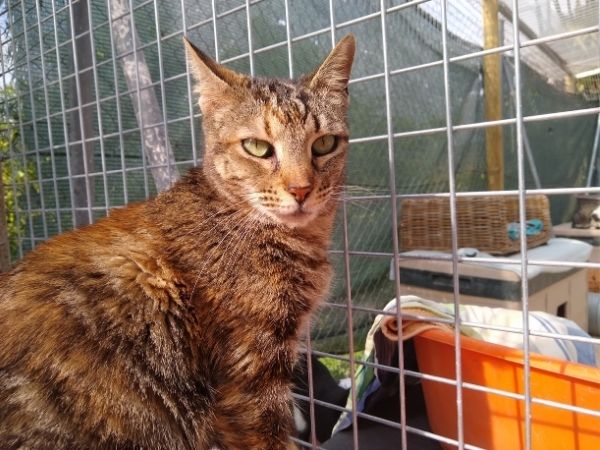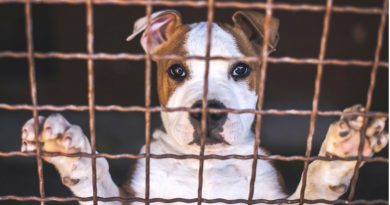Adopting a special needs pet

She is friendly, inquisitive, loving, and 100% glamour puss!
A special needs pet is not necessarily a pet with an incurable illness. Special needs is a very loose term, and can include medical conditions, behavioural issues, personality traits, and much more.
Frequently, it is used with pets who have a chronic condition: which could be something very minor like a mild respiratory illness. Adopters need to be aware of their commitment to ensuring the animal’s health and the need for regular check-ups by a vet. It could be a more serious condition, such as the pet being FIV+.
FIV is the abbreviation for feline immunodeficiency virus. As in humans, the danger for the pet is not the virus itself, but the fact that the pet has no immunity to banal ailments, such as catching a cold. Any minor ailment must be taken seriously because of the lack of resistance to the virus. Contrary to popular fear, FIV+ pets can live long and happy lives, even in the company of other pets. Most often, the shelter will advise pet parents strongly to ensure the pet is kept indoors only and not allowed to roam outside. If the animal has only known indoors, this is a perfectly happy situation. Note that in the case of FIV, it is also not uncommon for false positives to occur: a pet may be detected as being FIV+ for anything up to one year after birth because of a parent being FIV+. An in-depth test will subsequently reveal that the pet is not in fact a true positive. APROP recently arranged adoptions for two FIV+ cats (Nelo and Garfield), and one cat (Polly) with feline leukaemia went to a long-term foster home.
Another condition that affects cats is cerebellar hypoplasia. This is a developmental condition in which the cerebellum of the brain fails to develop properly. It is neither painful nor contagious. With physio they improve, but will always be wobbly. There is no indication that cats affected by this condition do not live equally as long or as happily as other cats.
Oftentimes though, special needs could just be some special behaviour: some pets prefer to be the only pet in the home; some pets do better not being the only pet in the home; some siblings are what is called a bonded pair. This means that the siblings have a special bond, and it would be cruel to adopt the animals out individually. In this case, the shelter will offer the bonded pair only together, and will make a stipulation in the adoption contract that the animals should not be separated.
Clearly, some special needs are a special commitment. Special commitments are for special adopters. This need not be scary or a burden. Indeed, the prize for this commitment is the special reward of a special pet!
APROP has a few special needs pets in need of a forever home or a foster home. Just ask. Remember: adopt don’t shop!



